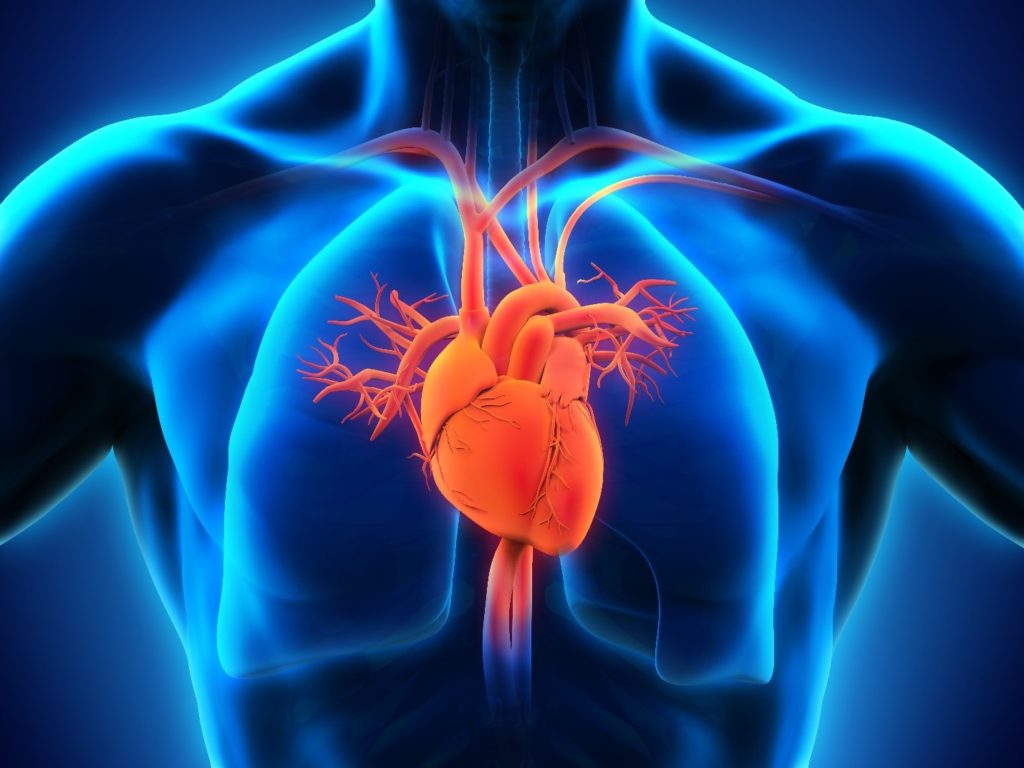An electrocardiogram (ECG/EKG) is a quick and easy way to evaluate heart function. In this procedure Electrodes are placed on the chest, arms, and legs of the subject. The electrical activity of the heart is then measured, interpreted, and printed out. There is no electricity sent into the body.
The heart is a muscle that naturally contracts to keep blood flowing the way it should. An electrocardiogram, or ECG, records these contractions to show how fast the heart is beating, the rhythm of the heartbeats (steady or irregular), and the strength and timing of the electrical impulses as they move through the different parts of the heart. Changes in an ECG can be a sign of many heart-related conditions.
Why might I need an electrocardiogram?
Some reasons for your doctor to request an electrocardiogram (ECG) include:
● To look for the cause of chest pain
● To evaluate problems which may be heart-related, such as severe tiredness, shortness
of breath, dizziness, or fainting
● To identify irregular heartbeats
● To help determine the overall health of the heart before procedures such as surgery; or after treatment for conditions such as a heart attack (myocardial infarction, or MI), endocarditis (inflammation or infection of one or more of the heart valves); or after heart surgery or cardiac catheterization
● To see how an implanted pacemaker is working
● To determine how well certain heart medicines are working
● To get a baseline tracing of the heart’s function during a physical exam; this may be used as a comparison with future ECGs, to determine if there have been any changes
These are just some key reasons why your doctor might request an ECG/EKG, there are various other reasons due to which your doctor might request one.
What happens during an electrocardiogram?
A doctor may order an electrocardiogram (ECG) on an outpatient basis or as part of your hospital stay. The steps taken may vary depending on your condition and doctor’s practices.
Generally, an ECG follows this process:
● You will be asked to remove any jewelry or other objects that may interfere with the test.
● You will be asked to remove clothing from the waist up. The technician will ensure your privacy by covering you with a sheet or gown and exposing only the necessary skin.
● You will lie flat on a table or bed for the test. It will be important for you to lie still and not talk during the ECG, so that you don’t alter the tracing.
● If your chest, arms, or legs are very hairy, the technician may shave or clip small patches of hair, as needed, so that the electrodes will stick closely to the skin.
● Electrodes will be attached to your chest, arms, and legs.
● The lead wires will be attached to the electrodes.
● Once the leads are attached, the technician may enter identifying information about you into the machine’s computer.
● The ECG will be started. It will take only a short time for the tracing to be completed.
● Once the tracing is completed, the technician will disconnect the leads and remove the skin electrodes.
What are the risks of an electrocardiogram?
The electrocardiogram (ECG) is a tool that doctors use to get a quick look at the heart’s function. The risks associated with ECGs are minimal and rare. You will not feel a thing during the ECG, but it may be uncomfortable when the electrodes are taken off. If the patches are left on too long, they may cause tissue breakdown or skin irritation. There may be other risks depending on your specific medical condition. Be sure to discuss any concerns with your doctor before the test.
Certain factors or conditions may interfere with or affect the results of the ECG. These include, but are not limited to:
● Obesity
● Pregnancy
● Fluid buildup in the abdomen (ascites)
● Anatomical considerations, such as the size of the chest and the location of the heart
within the chest
● Movement during the test
● Exercise or smoking before the test
● Certain medicines
● Electrolyte imbalances, such as too much or too little potassium, magnesium, or calcium
in the blood
Do you need an EKG/ECG? Drop by at our facility for a quick consultation
with our experienced medical practitioners. CONTACT US


